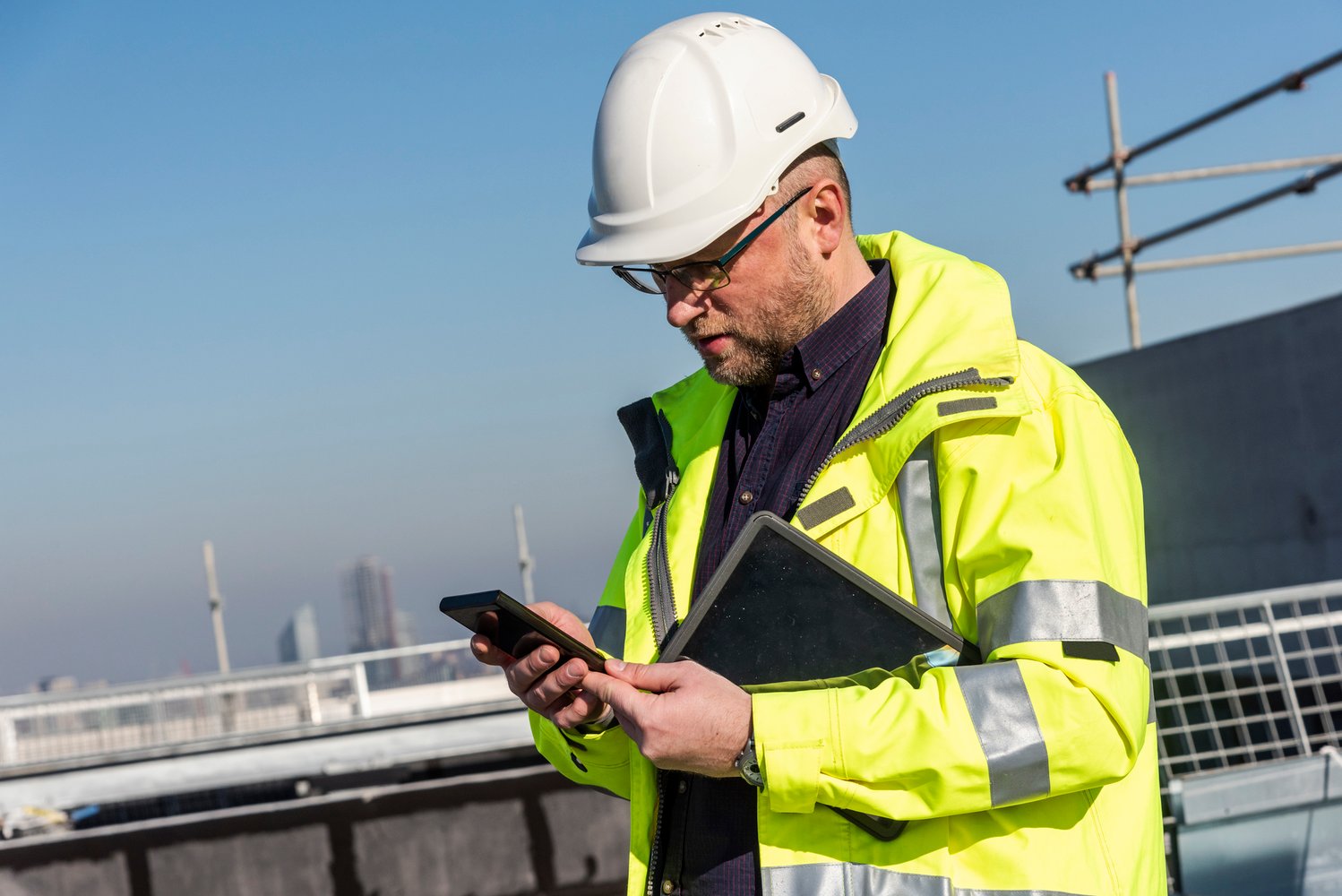This is the first blog in a 3-blog series created in partnership with Construction News.
At the start of last year, Causeway announced it had acquired biometrics specialist Donseed (now CausewayOne Attendance) in a move that enhanced the range of products the company was able to provide to its clients. Working in partnership with Construction News, Phil Brown, chief executive and executive chairman at Causeway, discusses how the move was a strategic acquisition for his company, but it was also one that reflected a growing recognition among both main and subcontractors of the wide range of benefits that can be achieved from investing in biometric technology.
At the front end For 20 years, Causeway has been providing software solutions for contractors. However, rather than developing generic, back office products, the company specialises in helping contractors with delivering projects and managing their supply chains. “We tend not to do back office stuff – we’re at the front end of helping them understand if they’re making or losing money on projects and whether they’re delivering those projects within budget and time constraints,” says Brown.
“At the same time, we have software that enables them to integrate processes with their supply chain, whether that’s electronic invoices or supply chain accreditation, and so on.” A key area that Causeway was focusing on related to productivity improvements, digital timesheets and how workers clock in and out at construction sites. Traditionally, this was done via paper records in much the same way as visitors to an office building are still typically asked to note down their time of arrival, name and who they are visiting.
However, Causeway saw that the market was changing and that the demand for workforce attendance controls was increasing, with a needto provide critical intelligence in a host of other areas. Furthermore, the company observed that such products were not just being deployed by main contractors, but by subcontractors too. “We felt that with the industry employing so many people, and with all the issues around the employment of them, that having a solution which would capture that data and combine it with other project data would be a cool thing to do,” says Brown.
Why biometric technology is good for business: business-critical data
Many of the biometric technologies being deployed at that time had been developed by companies that primarily provide hard infrastructure, such as turnstiles to manage site access. That was a challenge because Causeway wanted to invest in something that could be used on any construction site anywhere in the country. It saw Donseed as the solution to the problem. “We considered it to be the most advanced provider of technology in that space,” says Brown.
“Other people who were out there providing that service typically came from the turnstile, so effectively guys who manufactured gates and had added in the biometric piece on top of that. “Donseed from day one was a pure-play technology provider that could effectively work with any type of access control kit, as well as portable solutions. We liked that – it was logical.”
The newly named Causeway Donseed was founded in 2013 by Ollie McGovern. He says that most biometric solutions to date simply provide a means of identifying workers but adds that this misses a trick. “One of the key benefits is around identity, but now with concerns around health and safety compliance, risk management andproductivity, there is a desire from customers to do more than simply identify someone via biometrics, collecting business-critical data about personnel at point of sign-in or sign-out is a also a necessity,” says McGovern.
Discover why biometric technology is good for construction business – including through intelligence enrolment and the impact it can have on health and safety compliance - in the second part of our 3-blog series in partnership with Construction News here.



